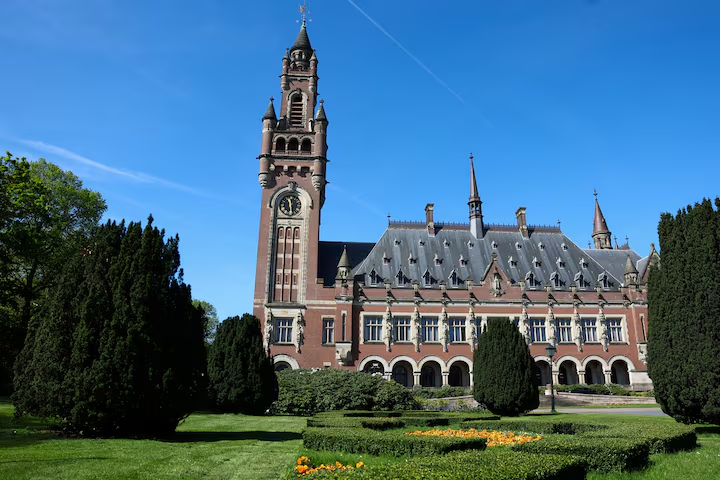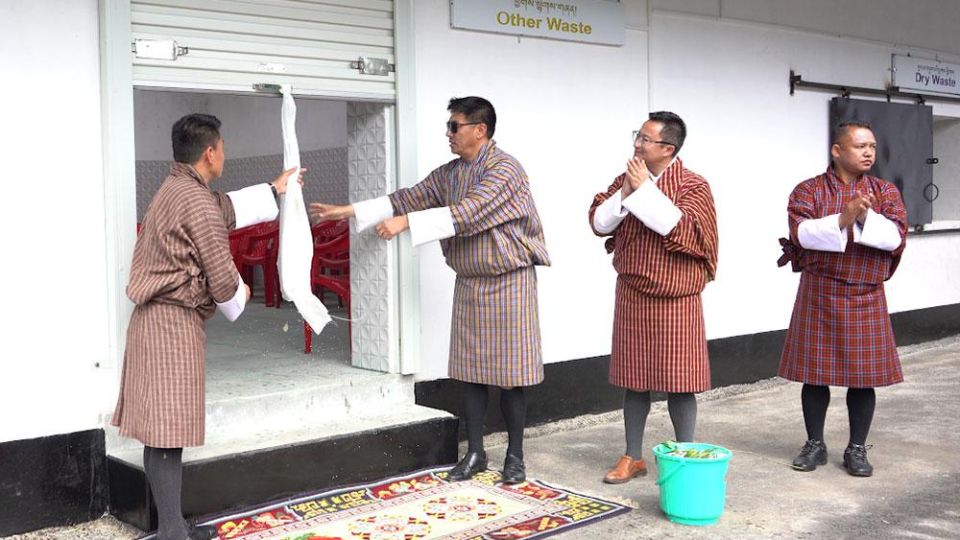In a bold diplomatic move, Lithuania has filed a case against Belarus at the International Court of Justice (ICJ), accusing its neighbor of committing widespread human rights violations and engaging in state-sponsored repression. The case, submitted on Monday, May 19, 2025, marks the first time a European Union member state has brought such legal action against Belarus at the UN’s top court.
According to a statement from Lithuania’s Ministry of Foreign Affairs, the case centers on alleged violations of multiple international treaties, including the International Covenant on Civil and Political Rights and the Convention Against Torture. The accusations stem from a pattern of repression following Belarus’s 2020 presidential election, in which long-time leader Alexander Lukashenko claimed victory in a vote widely condemned as fraudulent.
“The Belarusian regime has systematically used torture, arbitrary detention, and forced disappearances against its own people,” said Lithuanian Foreign Minister Gabrielius Landsbergis. “We are taking this step in the name of justice, accountability, and the rule of law.”
The legal filing includes testimony from former detainees, videos documenting crackdowns on peaceful protests, and evidence of violations committed by security forces, including beatings, sexual violence, and denial of legal representation. It also accuses Belarus of continuing to engage in politically motivated imprisonment, with over 1,400 political prisoners reportedly still behind bars.
Belarus has not responded publicly to the ICJ case, but officials in Minsk have repeatedly dismissed such allegations as part of a “Western campaign” to destabilize the country. In recent months, Belarus has strengthened its alliance with Russia, joining military drills and increasing cross-border coordination, further straining its ties with Western neighbors.
Legal experts say the case will test the limits of international human rights law enforcement and could take years to resolve. However, the symbolic and political significance is already drawing attention.
“This is not just about Belarus,” said Karim al-Azizi, a professor of international law. “This is a statement from the EU’s eastern flank that authoritarian regimes cannot act with impunity.”
Lithuania has been one of the most outspoken critics of Lukashenko’s regime since the 2020 crackdown. The country has sheltered thousands of Belarusian dissidents, including exiled opposition leader Sviatlana Tsikhanouskaya, and has pushed for tougher EU sanctions against Minsk.
Tsikhanouskaya, speaking from exile in Vilnius, welcomed the move:
“This is a historic step. Belarusian victims will finally have their voices heard on the international stage.”
The ICJ, headquartered in The Hague, handles legal disputes between states and issues rulings that are binding under international law, though enforcement remains a challenge. If the court rules in Lithuania’s favor, it could lead to international pressure on Belarus, including further diplomatic isolation, asset freezes, and restrictions on trade and travel.
The case also comes amid growing scrutiny of Belarus’s role in the Russia-Ukraine war. Minsk has been accused of facilitating Russian troop movement and launching points for missile strikes. Lithuania’s legal filing does not focus on military activities but instead zeroes in on Belarus’s internal repression, particularly its treatment of protesters, journalists, and opposition leaders.
Human rights organizations have applauded Lithuania’s move. Amnesty International and Human Rights Watch issued statements supporting the case and urging other countries to submit declarations backing Lithuania at the ICJ.
“We urge the international community to join this initiative and hold Belarus accountable,” said Agnes Callamard, Secretary General of Amnesty International.
While the road ahead may be long, Lithuanian officials hope the case sets a precedent for using legal mechanisms to confront authoritarian abuses and bring international law to bear on regimes long considered beyond its reach.
As Lithuania delivers its legal arguments in The Hague, the message is clear: silence in the face of oppression is no longer acceptable — and accountability is now being pursued, one case at a time.
As Lithuania delivers its legal arguments in The Hague, the message is clear: silence in the face of oppression is no longer acceptable — and accountability is now being pursued, one case at a time.
Source; Reuters



